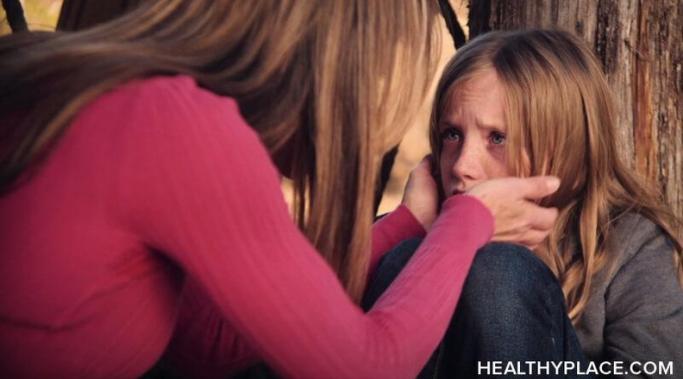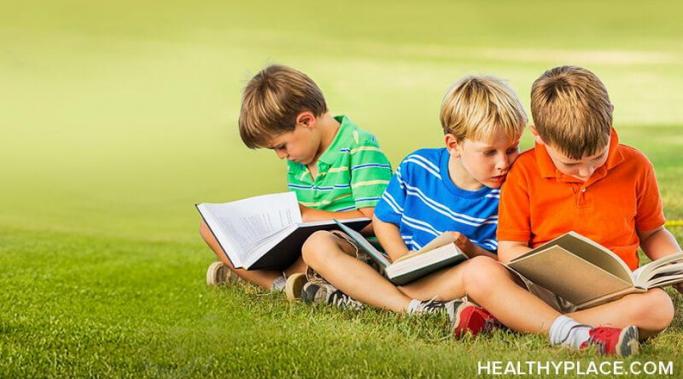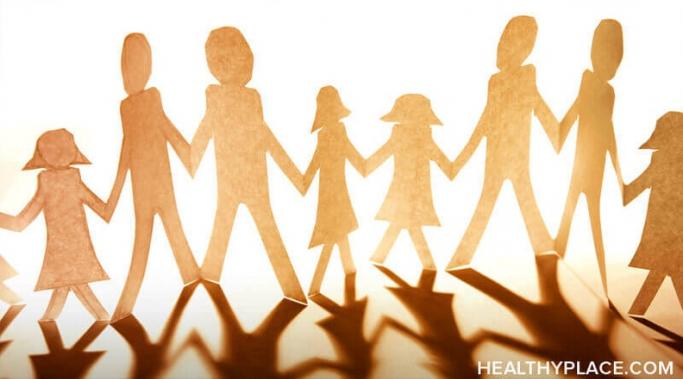The 2022 psychological thriller Alice, Darling, a movie showing emotional and verbal abuse, is another true-to-life scenario familiar to many individuals, unfortunately. This movie depicts a woman involved with an emotionally and verbally abusive partner, but she continuously explains his habits away as normal occurrences. The storyline displays how the verbal abuse dynamic can change an individual's personality and how they navigate everyday life.
Verbal Abuse in Relationships
Is forgiving verbal abuse even possible? Learning to heal from verbal abuse is a unique journey that won't be identical to someone else's path. Each person will go through a series of stages as they work through their past and move forward. Your idea of healing may also differ greatly from what someone else believes is necessary. So, can you forgive verbal abuse, and do you have to so you can move past it?
Living with verbal abuse can drastically alter your life choices and how you navigate the world. However, it's critical that you break away from being the victim if you are recovering from a verbally abusive past. Dealing with abuse is only part of your story and is not the only way to define you as an individual.
Verbal abuse can come from individuals of any age, including children. Unfortunately, the understanding that kids can be cruel is too common for many parents. So, why do children resort to verbal abuse to handle difficult situations? The answer could be due to learned behaviors or a developmental phase.
Finding a therapist for verbal abuse recovery can be challenging. The mental health industry has numerous professionals that can help support individuals through many circumstances. However, not every certified psychologist or designated therapy professional may be right for you. Not every therapist is the verbal abuse therapist for you.
Verbal abuse can impact the way children view relationships and themselves. Sometimes parents exhibit verbally abusive behavior toward each other without involving the children as recipients. Although the kids may not receive any verbal abuse from their parents, this dynamic still profoundly affects children and how they develop into adults.
Navigating relationships can be confusing, especially with narcissistic behaviors like paperclipping -- being kept on the backburner -- from a partner. Are you the victim of paperclipping? Knowing what to look for can help you avoid hanging onto the idea of a potential relationship with no possibility of commitment.
Sometimes behaviors appear in relationships that can make you feel uneasy or confused. Breadcrumbing is one of these habits that may have you wondering if it is verbal abuse. If you haven't heard of this term before, it can be good to know what signs to look for and if the breadcrumbing is severe enough to classify it as verbal abuse.
If your verbally abusive past includes positive memories with your abuser, you aren't alone. Unfortunately, many verbal abuse victims can recollect happy times, which may create guilt or confusion as they work through their healing journey.
Speaking up against abuse can be especially difficult for anyone who has been a victim of repeated verbal abuse. Although I find it easy to be the voice for others when I see an abusive situation, it's entirely different for me. I have often faced circumstances when I knew I should have said something and defended myself but could not find my voice. I still struggle to have the same strength I give to others vulnerable to abuse.









